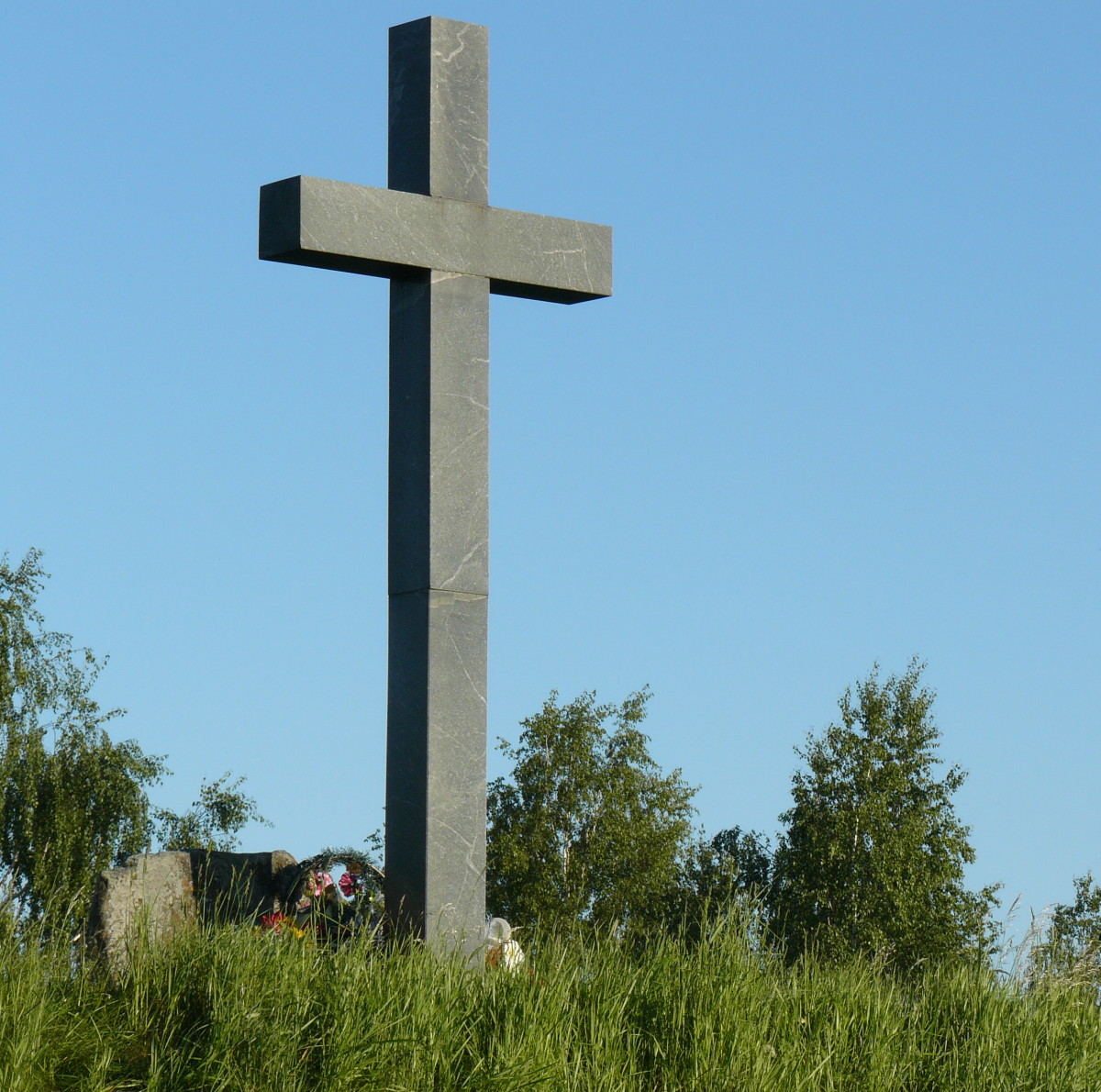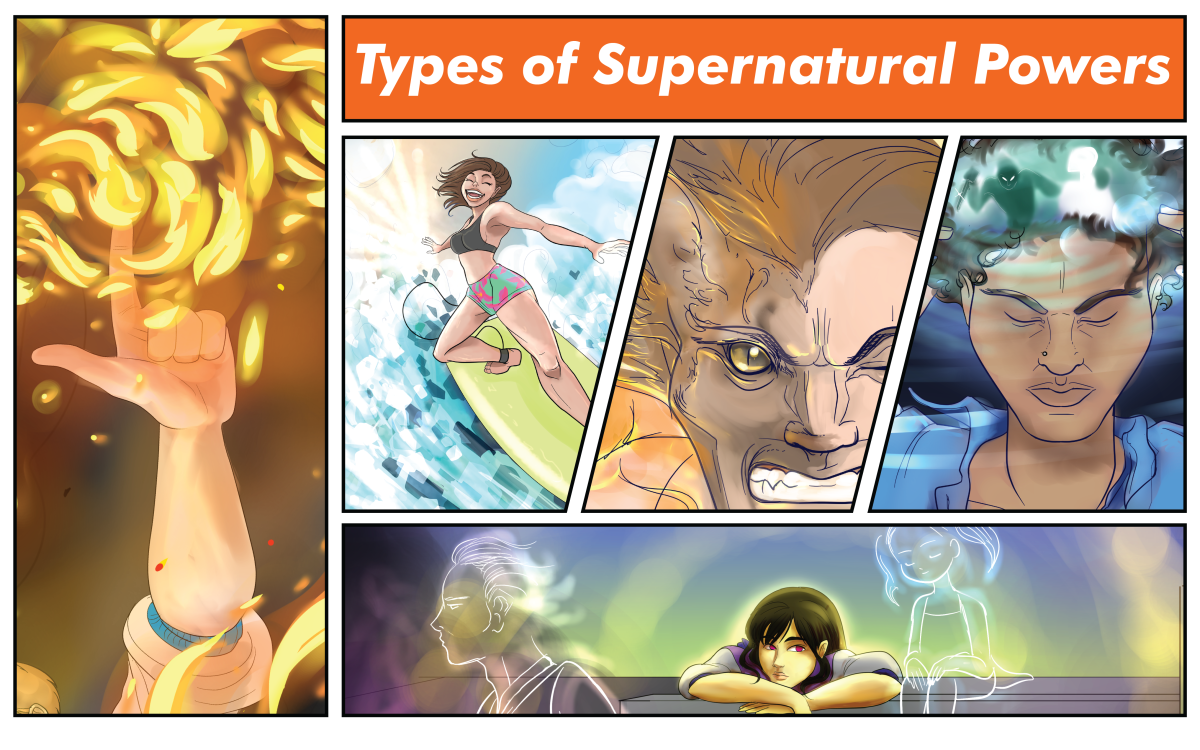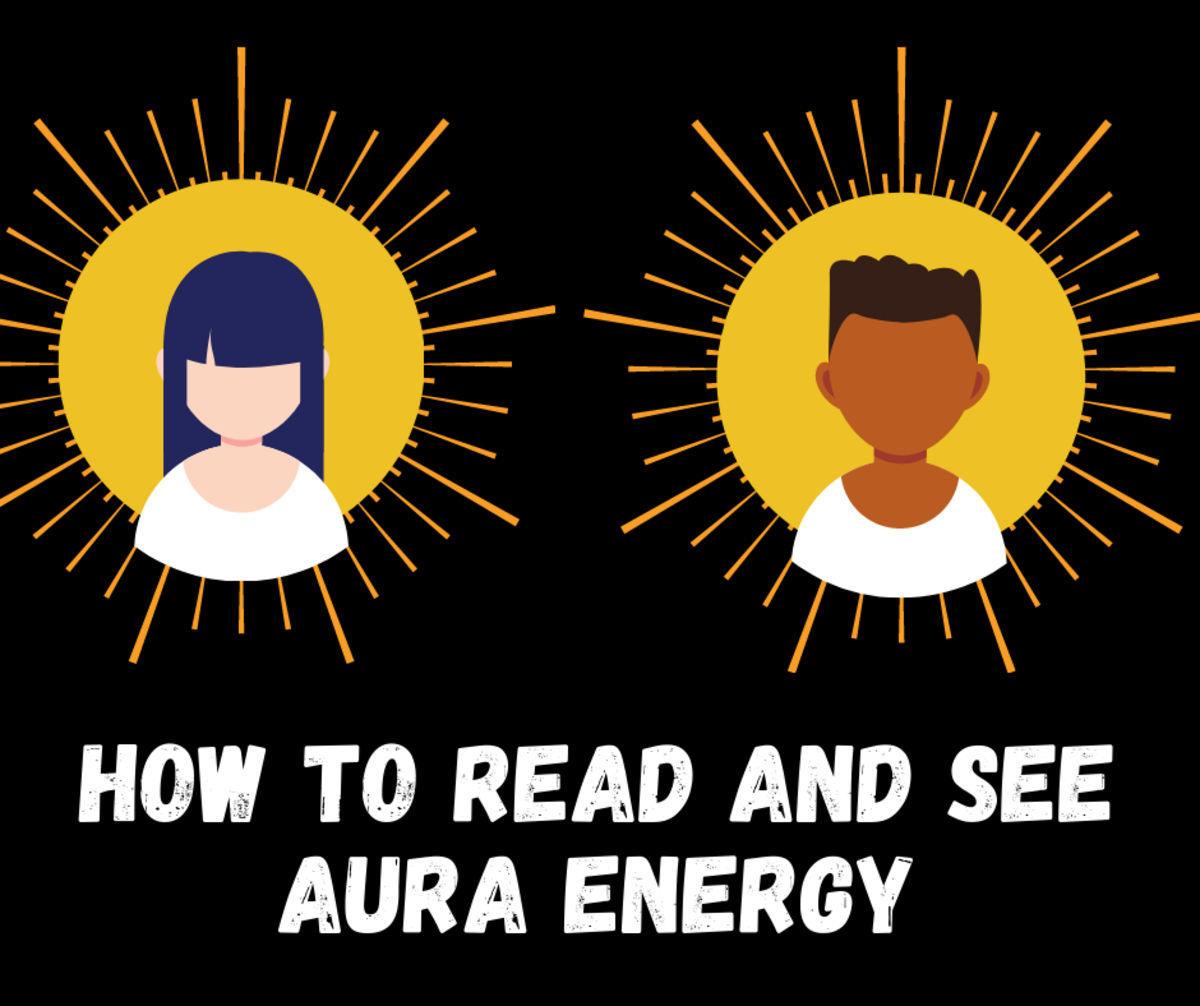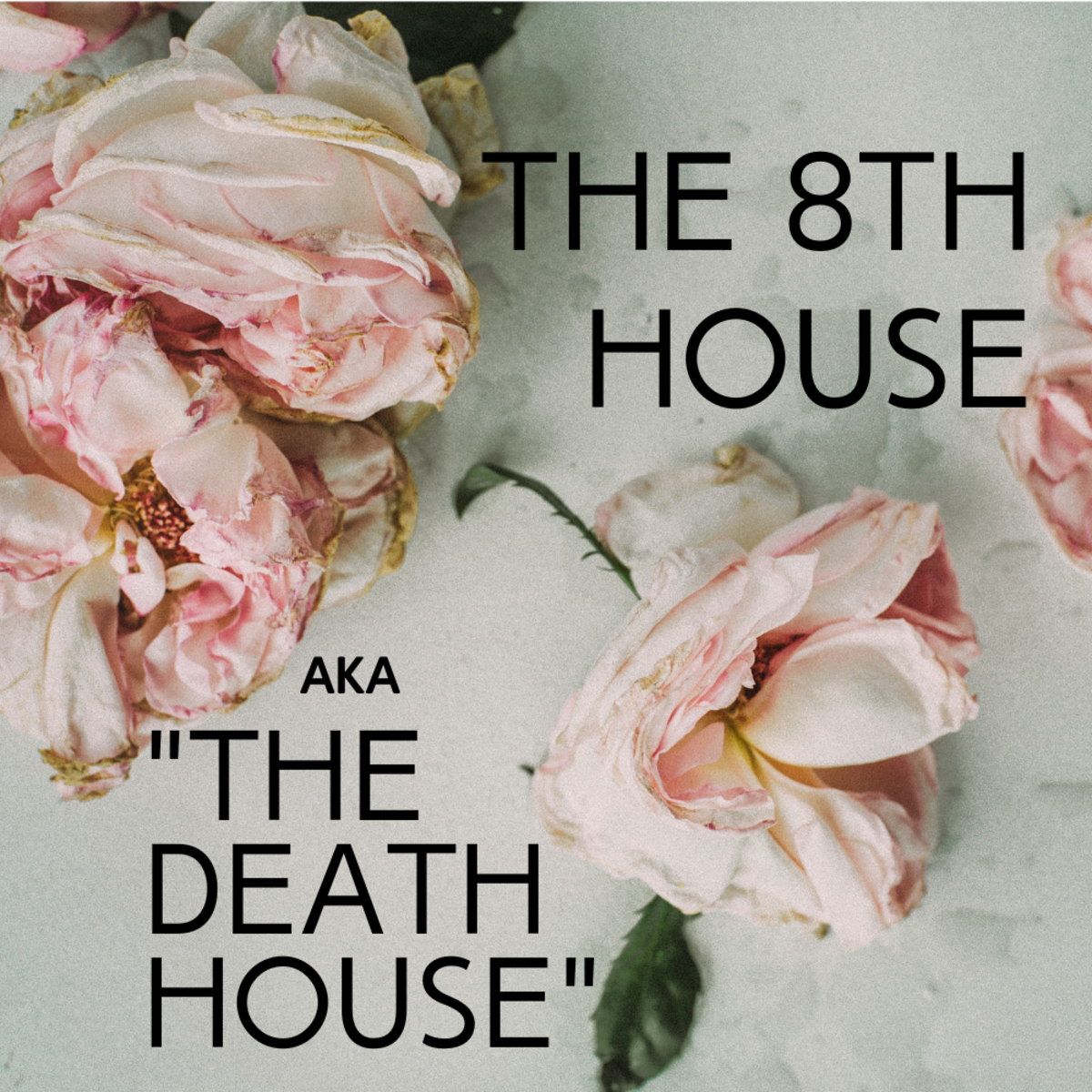Heaven and Hell on Trial

Is life after death just a dream that we hold on to, as much as we cherish life and we detest death, or is it a reality? And if there is another life, what is it going to be like?
Islam and Christianity proposed heaven and hell as the answer to this question. But is this claim reliable?
After delving into creeds and views of others regarding the afterlife, I divided people into the following categories:
Figure 1: Creeds concerning the afterlife
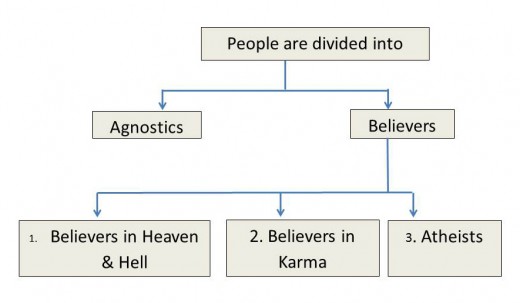
The Agnostics Category
These are people who think that they do not have sufficient knowledge to answer the big questions of life, like confirming the existence of God and the afterlife.
The Believers Category
The believers are those who embrace a certain ideology; they are divided into three groups:
- The members of the first group are those who believe that we are more than bodies or energy. We have God’s breath that is revealed in the Holy messages. [1] This is the voice of the Divine that comes from within, that makes us feel good when we please and help others, and feel bad when we offend or harm them. This very same thing lets us feel that there is a continuation of this life and we are definitely not going to end up as dust. Everyone is held accountable before God, and accordingly, everyone will end up in either Heaven or Hell.
- The members of the second group believe that we are part of the Divine; they also believe that we are bodies and energy. When the body dies, the energy does not disappear but is manifested in other forms, so they believe that the soul is born many times into new bodies or life forms.
- The members of the third group are those who believe that we are just bodies, so in their view, there is no afterlife whatsoever. When the body dies the elements of the dead body decompose and return to the air and the earth to be recycled in new life forms leaving no trace for the deceased person.
Classification of the believers
Their Beliefs Regarding
| Group 1
| Group 2
| Group 3
|
|---|---|---|---|
The essence of the Soul.
| Created from the breath of the Divine.
| Energy.
| Does not exist
|
The afterlife.
| In the form of Heaven and Hell.
| In the form of reincarnation.
| Does not exist
|
The creation of the universe.
| The universe has a beginning and an end.
| The souls are in eternal cycles (in classical reincarnation).
| Their view is based on scientific findings.
|
Our Individuality
| Our individuality is real and everyone is held accountable before God
| It is an illusion
| It is real.
|
Members of each group are certain that their beliefs are supported by actual evidence. However, because I believe in the afterlife with my mind and heart, I narrowed my discussion to refute arguments against Heaven and Hell that are presented by the second and third groups of believers. After careful consideration, I wrote my evaluation in the following review. Please note that I tried to be as objective as possible!

Arguments of those who believe in karma regarding Heaven and Hell
1st Argument: It is more logical to believe in the law of karma, rather than believing in a God who punishes His creatures.
Answer: If those who support the above claim believe that karma is executed by a god or a being, then they also believe in a god who punishes his creatures when sending them to a life full of humiliation and agony. It would be even weirder if they believe that the law of karma, which not only differentiates between good and evil but also evaluates our deeds, is self-executable. Laws, justice, and mercy are certainly meaningful words, but cannot be executed or manifested unless they are carried out by a rational being.
2nd Argument: A single lifetime is not enough to learn and experience all that life has to offer, however, reincarnation gives the chance to continue learning by experiencing life from different perspectives in recurring lives.
Answer: This view limits the ability of man to gain experience. Man can learn as much as he desires in one lifetime. For example, he does not have to smoke to learn that smoking risks his life; he can learn from the mistakes, advice and experience of others; he can learn from those who are deceased, by reading their quotes, articles and books; he can learn from history. He can even learn from nature that embraces him; he can acquire the best mixture of colors just by looking at a colorful rose. He can also understand the virtue of applying systems used by ants and bees in beehives.
In his book, “A Case Against Reincarnation,” James Webster says, “The teaching of reincarnation that says that we must return again and again to earth life to become perfected is equivalent to saying that one has passed through kindergarten over and over again to learn everything.” [2]
We, also, have to take into account that the effect of learning and purification on successive generations through time is not observable, and as I ponder on the events and actions, I find that certainly, we are developing an advanced lifestyle, like accommodation, transportation, etc. however, we are not, by any means, progressing morally. In the past, evil wasn’t in disguise. People used to declare wars to acquire land, wealth and fortune. Nowadays the causes of wars are still the same but they are hidden under the guise of moral values like democracy, liberty, religion and fighting terror!
Moreover, how can we expect to learn from a forgotten experience? We basically don’t remember any of our past lives (except for believers in reincarnation, who seem to have a vivid memory of their past lives. However, their claims are sometimes in conflict with others who assert that they were the same person in a past life.) [3]
Besides, how can we expect to have complete justice if the sinful do not grasp the cause of their punishment? Also, in this context, we don’t have to help an unhealthy three-year-old child, as he is paying for his wrongful acts in his past life or (lives).
It is worth mentioning that the big bang theory shows that the world was created. Science has concluded that the universe, matter and time actually had a beginning, thus confirming what theistic religions had revealed more than one thousand four hundred years ago.
Arguments of Atheists regarding Heaven and Hell
1st Argument: The belief of heaven and hell is based on a god who judges at the end of times, however, there is no evidence that he exists.
Answer: It is impossible to believe that this incredibly ordered and well-designed universe came out of nothing. An architect knows very well the enormous task that is laid upon his shoulders when he is asked to design a building. He has to study the function, location, space, wind directions, lights, circulations, the ins and outs, the safety measures, etc. Then he has to add a touch of beauty. Of course, the architect may fail in achieving any of his goals, but the universe, on the other hand, is designed with immense order and absolute beauty, and it is fully functioning not only to humans but to all other creatures living on this earth! It’s impossible to deny the Designer.
2nd Argument: The belief in heaven and hell is based on the assumption that a ghost or spirit lives inside our body. How would you prove something we cannot see with our own eyes?
Answer: We can’t see gravity but we can feel the gravitational pull on our bodies towards the earth; we can’t see the wind but we can feel the fresh air on our faces. Similarly, we don’t see the soul, but we can experience its superiority over the body when it orders sleepy eyes to stay wide open and continue watching a movie late at night, or when it commands a hungry body to refrain from food and water either to fulfill a religious duty or to provide a dear child with food. If we are just bodies, then who chooses to sacrifice the needs of the body? Who would even sacrifice the whole body on a battlefield?
We know that the marrow that fills our bones is the builder of blood in our body, but which organ is responsible for manufacturing principles and morals? How is it possible for beauty, love, and principles to be induced by the body? Is it plausible that they come by chance or from mud?
Those who believe that we are only bodies have little appreciation for the complexity of human beings, in effect believing that we are worth only the cost of a hundred kilograms of meat and 5.5 liters of liquid!
3rd Argument: Why should we believe in a life after death when our only experience in this life is that life comes first, and then death follows?
Answer: Certainly, we have never experienced a dead man coming back to life, however, we are constantly experiencing change; the alternation of day and night, the change of seasons, beautiful flowers blossoming while growing out of dead soil, etc. Even if we look at ourselves during periods of sleep and consciousness, our perception of time and place pauses for around eight hours, as if our present life stops and then continues. People may argue that these observations are too simple to support the afterlife, however, who said that basic incidences are not evidence of great findings and conclusions? Didn’t the fall of an apple from a tree help to confirm the presence of gravity?
4th Argument: It is a contradiction to believe that a loving God would punish His sinful creatures by sending them to Hell.
Answer: The famous scholar Mustafa Mahmoud gave a logical answer to that claim: “God doesn’t “punish” people, they suffer the consequences of what they have done, which is only fair. It is justice rather than punishment. If in the other world, God equated the transgressor and the transgressed; the murderer and the victim on the pretext of mercy, nothing would be farther from justice and God cannot be expected to be unfair."
I am surprised at the tendency of some to disavow their responsibility for their choices because there is a loving God who has granted them freedom. As the Islamic theologian, Arnold Mol quoted: “You have to bear the consequences of your deeds if you have done evil deeds, that is logical because otherwise your deeds would have no value. Deeds have to have a value, because otherwise, your freewill has no value at all.”
And I, in turn, ask people who support the above claim: Would you want to live in a city where the law is not applied because sinners should be shown love and mercy? Would you consider the mayor of such a city to be merciful or would you consider him to be weak?
5th Argument: If someone was a villain throughout their life, which extended for say eighty years; is it fair that God would send him to hell for eternity?
Answer: Deeds are not measured by time. Inventing a new medicine to cure future generations may just take a few years, or a decision to kill a whole nation may just take a few hours. Furthermore, it is quite evident that the same thing happens when we enter an exam that lasts just for an hour or two. It reveals our level of understanding and the effort we exerted throughout a whole term, year or maybe the time to achieve an academic qualification. It is the same as believing that what we do in our short lives would decide the nature of each one of us throughout eternity. [4]
Final words
If we are all eventually going to end us up as dust, then all good and evil would be equal. Accordingly, all principles and morals would have no virtue. If this is the case then who instilled in us the hatred of injustice, cruelty and oppression? Who planted in us the desire for love, freedom and fairness? Indeed, God’s prints are everywhere, they are manifested in everything surrounding us and constituting us.
I see God in my fingerprints, I see Him in the creation of man from a sperm to a full-grown human being. God’s existence is revealed in the embryo’s evolution inside the mother’s womb, and how it grows from weakness to strength, and then to weakness and dust. His love and thoughtfulness are expressed in every touch of splendor that is beautifying nature which embraces us. The Divine’s presence is evidenced by the harmony, the laws, and the unfailing system that controls the universe.
If we are not going to stand before God at the end of time, then our whole life would instantly lose its meaning and aim; and our life’s journey would be nothing more than a rambling Titanic that will eventually sink in the middle of the ocean!
What is your belief regarding the afterlife?
References
[1] God stated in the Holy Quran (Your Lord said to the angels, "I am creating a human being from clay, from molded mud, When I have formed him, and blew into him of My spirit, fall down prostrating before him) (15: 28,29). And stated in the Holy Bible (And the LORD God formed man of the dust of the ground, and breathed into his nostrils the breath of life; and man became a living soul) (Genesis, 2:7).
[2] James Webster, The case against reincarnation, Grosvenor House Publishing Ltd, p. 36
[3] http://www.oddee.com/item_98654.aspx (Please see claims number 1 and 5 who believe that they were Jesus)
[4] Beyond Life documentary, Salma Hassaballa, 2011

